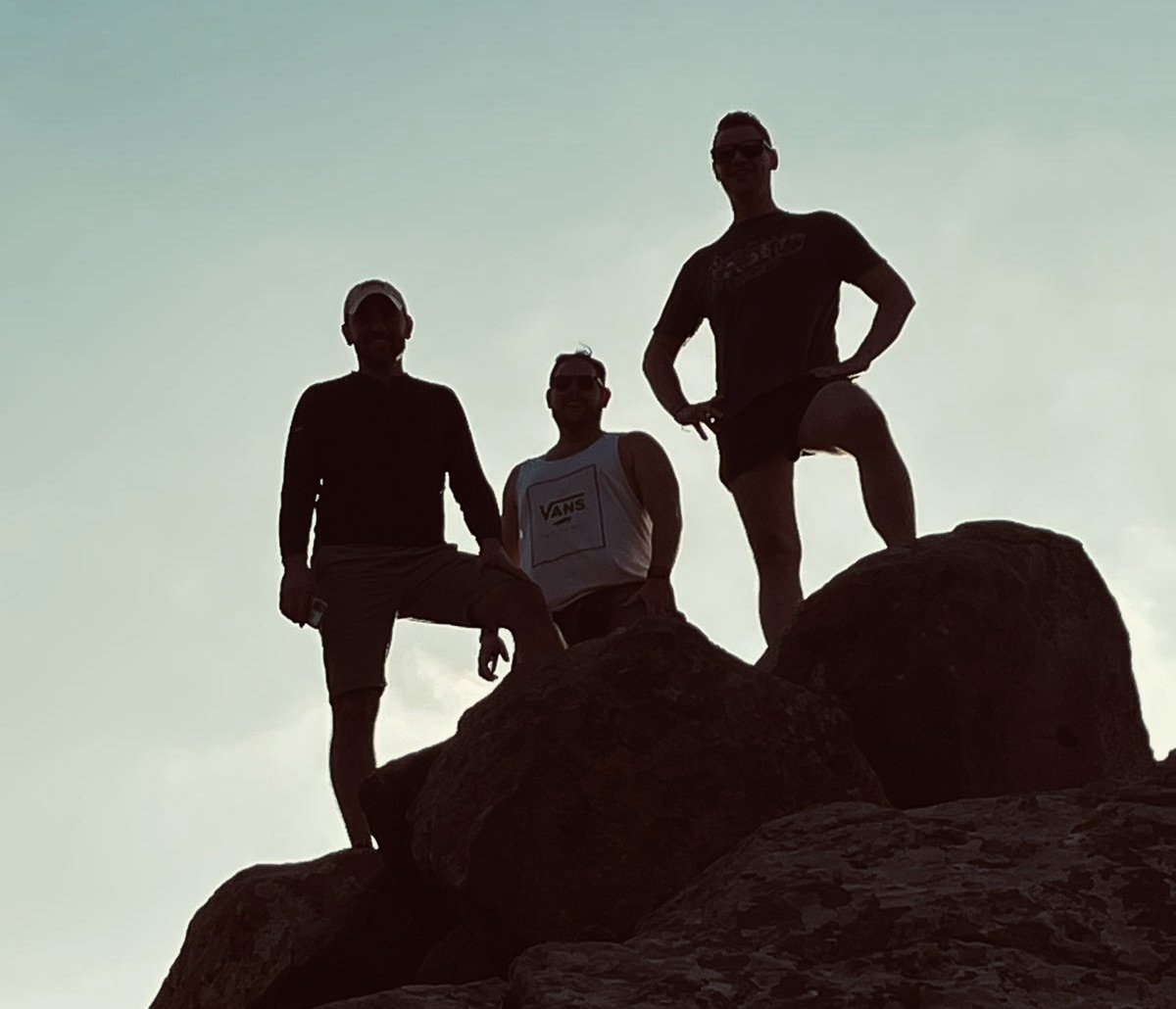Word of Wisdom: Valor
“Valor grows by daring; fear, by holding back.” Publilius Syrus
The Medal of Honor is the United States’ highest military award for valor. It may be presented—by the president, “in the name of the Congress”—to any military service member who “distinguishes himself conspicuously by gallantry and intrepidity at the risk of his life above and beyond the call of duty”.
Some recipients are awarded the Medal of Honor posthumously, their act of gallantry having required the supreme sacrifice.
And some have to wait longer than others for their valor to be recognized.
Vernon Baker was a First Lieutenant in the 92nd Infantry Division (the “Buffalo Soldiers”), and fought in the Italian campaign of World War II. In April of 1945, his unit was ordered to assault a German-occupied mountain stronghold. While 19 of the 25 men in his platoon were killed, Baker personally eliminated three enemy machine guns, an observation post, and a dugout—then provided covering fire for the withdrawal of the wounded. The next day, he volunteered to lead a battalion advance that secured the mountain. Later, he served in the Korean War in the 11th Airborne Division.
Yet Vernon Baker had to wait over 50 years to be awarded the Medal of Honor because of racial disparities in the review process; that, after first being rejected by an Army recruiter in 1941 because “We ain’t got no quotas for you people”.
What is the substance of such valor, that not only faces down danger and death but also rises above obstacles and opposition? Certainly bravery, courage, self-confidence and a sense of duty. But perhaps something more.
In Baker’s case, his family played a role. His sister helped him through difficult seasons in his youth, and his grandfather was the most influential person in his life—teaching life skills, including how to hunt to feed the family.
In his family—his history—he clearly saw his own worth. His value…and values.
Turns out, that is the foundation of valor.
The English word is from the Old French valor, meaning “courage, virtue, moral worth”. This originated in the Latin valorem, meaning “value or worth”. Here we see the connection between the concepts of valor and value.
Perhaps the self-giving of courage is rooted in the self-worth of valor. And, it may be that worth—value—is in need of regular assessment.
An interesting example of this is what’s called an ad valorem tax. The Latin means “according to value”, signifying that the tax is levied based on the value of the item being taxed. Think municipal property taxes, where the real estate is assessed periodically to determine its current value.
It might be that our valorem is in need of continual assessment, as well.
We tend to want things to be smooth, according to plan, under our control and in line with our preferences. But what if frequent assessing and regular evaluation is needed? And, what if the testing is more about forming and refining than simply measurement?
Suddenly, every day becomes an opportunity for acts of valor. For courageously looking into the future. For bravely communicating with those we love and serve. For fearlessly addressing the wounds afflicting our hearts and relationships. For being still, and in so doing quashing the anxieties peddled by a petty age.
This is the life a son gets to experience, because he accepts that he is worthy of it.
A life not free of obstacles, but full of promises. Not devoid of temptations, but overflowing with provision. Not unacquainted with solitude, but never succumbing to a sense of isolation.
And even when the son falls victim to a sense of unworthiness—of lacking worth—he turns to the Father and receives again the proof of his sonship.
No matter how long it’s been since we’ve last accepted the recognition.
And the angel of the Lord appeared to him and said to him, ‘The Lord is with you, O mighty man of valor.’ Judges 6:12



